Denmark Strengthens Quantum Leadership Through EU Strategy, NATO Collaboration, and National Innovation Hubs
At Quantum World Congress 2025, the Danish Ministry of Foreign Affairs highlighted Denmark’s rapidly advancing quantum ecosystem—from new national infrastructure and a landmark use-case catalog to Europe-wide leadership, NATO coordination, and the development of Mauna, the world’s most powerful commercially available quantum computer.
Delivering the National Quantum Update: Denmark at Quantum World Congress 2025, Mads Kruse of the Danish Ministry of Foreign Affairs outlined how Denmark is rapidly scaling its quantum ambitions—rooted in its historic connection to Niels Bohr and strengthened by world-class research, robust public-private partnerships, and a deeply international outlook.
“With our national strategy, we have a unique whole-of-government approach across ministries and agencies.”
Kours opened by reflecting on Denmark’s unique foundation. The country traces its quantum heritage to Niels Bohr, whose Nobel Prize-winning work in the early 20th century helped establish modern quantum theory. Today, Denmark combines that legacy with advantages such as a strong ease of doing business, high quality of life, globally recognized research institutions, and a culture of public-private collaboration that allows the country to “punch above its weight.”
International companies are taking notice. Atom Computing has established its European headquarters in Copenhagen, strengthening the country’s growing role as a hub for foreign investment and global quantum collaboration.
A Unique Government Framework: Denmark’s National Quantum Strategy
Denmark’s modern quantum policy is anchored in its National Quantum Strategy, released in two parts in 2023. The first part focuses on basic research and innovation; the second expands into security, commercialization, and international cooperation. The strategy provides a shared national reference point and has created a distinctive whole-of-government approach, enabling daily coordination across ministries and agencies.
National Developments Since Last Year
Kours highlighted a series of major national advancements over the past year.
Quantum Denmark
Launched in November 2024, Quantum Denmark is now well underway. The initiative is supported by the Danish Business Authority, the Danish Agency for Higher Education and Science, and the Novo Nordisk Foundation. It includes:
A shared office environment for up to 15 Danish and international companies, largely startups
Space for investor delegations
European-leading test facilities providing critical infrastructure access for researchers, entrepreneurs, and industry
The hub is already close to full capacity.
The organization also appointed its first CEO, Laura, an American with Silicon Valley startup experience, who intends to position Quantum Denmark as a bilateral landing pad for international companies entering the Danish ecosystem.
National Ecosystem Tools
Several new resources have been released:
A digital map providing an online, up-to-date overview of the Danish quantum ecosystem (launched March 2025)
Denmark’s first use-case catalog (December 2024), containing 16 detailed use cases that require quantum technology providers and end-users to specify concrete applications and expected timelines to market
Kours described it as a “brilliant piece” intended to inspire global collaborators.Quantum Industry Day, Denmark’s annual conference, which brought together more than 400 participants this June
Niels Bohr Quantum Summer School
Another major milestone was the launch of the Niels Bohr Quantum Summer School, a deliverable from Denmark’s national strategy. The inaugural 2024 session brought together 70 PhD students from 19 nationalities for a two-week program, with remarks from Denmark’s Minister for Industry, Business, and Financial Affairs. The summer school will rotate among Danish universities annually.
Mauna: A Major Leap in Quantum Computing Capacity
One of Denmark’s biggest announcements was Mauna, set to become the world’s most powerful commercially available quantum computer. The initiative is backed by the Export and Investment Fund of Denmark and the Novo Nordisk Foundation, with a combined investment of more than $87 million USD.
Mauna is named after a figure from Norse mythology—Móði, the strong son of Thor—symbolizing immense power. The system will be the world’s first operational biological-qubit Level 2 machine, delivered through a partnership in which Atom Computing provides the neutral-atom hardware and Microsoft delivers the software stack. It is expected to complete its first tasks around New Year 2027.
International Partnerships: Nordic, EU, and NATO Leadership
Kours turned next to Denmark’s expansive international engagement.
Nordic Cooperation
In May 2025, all Nordic Prime Ministers signed a joint declaration on shared quantum ambitions, strengthening cross-border collaboration across Denmark, Sweden, Finland, Norway, and Iceland.
European Union Leadership
As holder of the EU Council Presidency (through the end of 2025), Denmark is playing a leading role in shaping Europe’s quantum direction. In July, the EU released its new European Quantum Strategy, addressing research, infrastructure, industrialization, dual-use capabilities, and skills. The forthcoming European Quantum Act will provide the funding needed to execute it.
As an official event of Denmark’s presidency, the country will host the European Quantum Technologies Conference (EQTC) this November—timed perfectly between the EU strategy and the Quantum Act. Kours encouraged the global community to attend.
NATO: Transatlantic Quantum Community (TQC)
Denmark has also been instrumental in establishing NATO’s Transatlantic Quantum Community (TQC), created following NATO’s first quantum strategy in 2024. Denmark chaired the TQC in its first year and continues to drive the TQC Industry Network, which now includes over 200 companies from 18 countries.
The TQC serves as an informal but influential forum connecting quantum technology providers with NATO end-users, through both virtual and in-person activities. Denmark is actively recruiting new members to the network.
Kours closed by inviting the global community to join Denmark in strengthening shared quantum capabilities across Europe and the transatlantic alliance.
